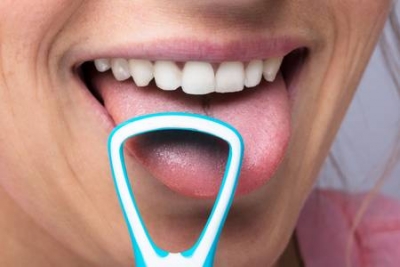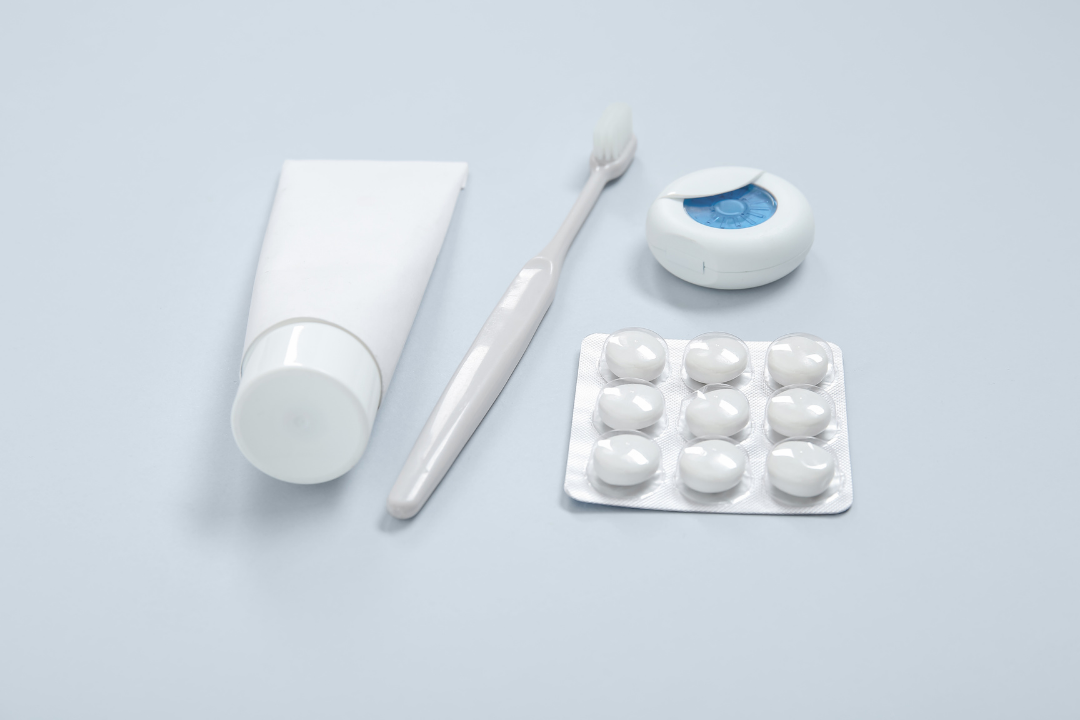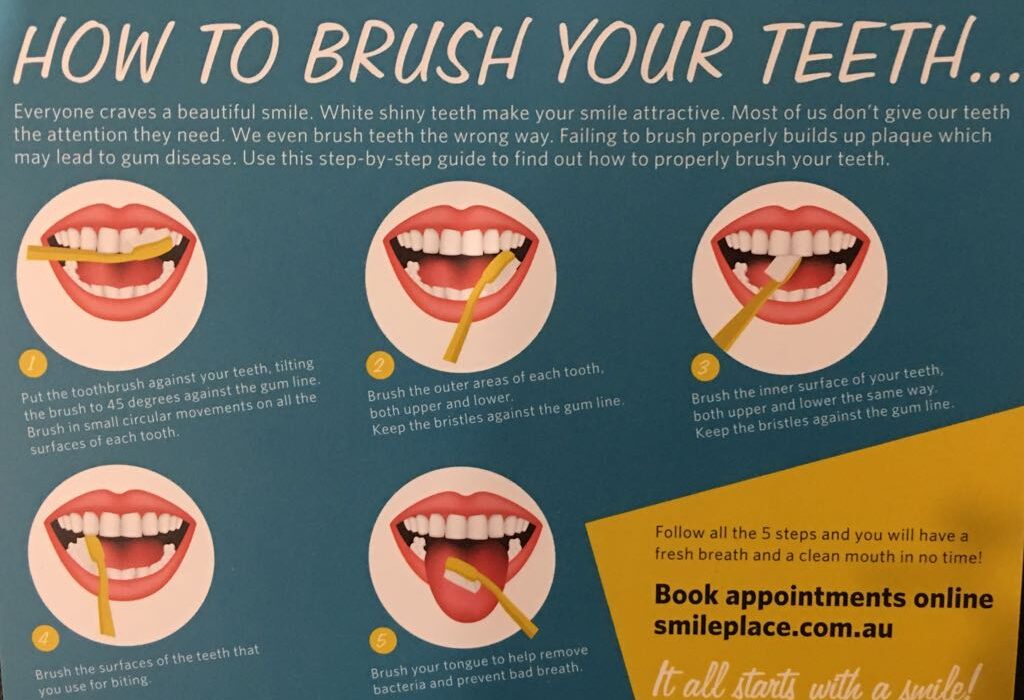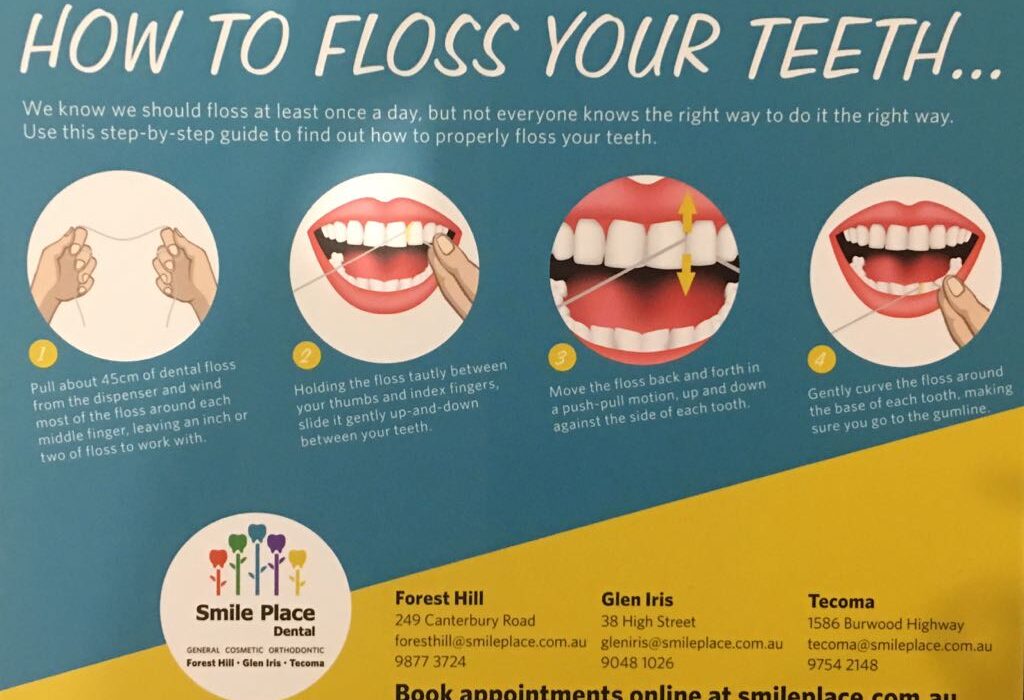
Struggling with bad breath? You’re not alone.

Chewing gum has been a controversial topic for decades, with some people considering its benefits, while others point to potential oral health negatives.
Chewing gum (especially sugar-free types) helps to produce saliva. A mouth with very little saliva would be at risk for tooth decay. This is simply because our saliva is key to neutralising acids and strengthening the enamel, which sits on the outermost layer of your teeth.
Read on to find out more about the role of sugar-free chewing gum and its effects on your teeth.
Many like myself may think that sugar-free chewing gum only serves to freshen your breath, but it can actually be your best friend in working towards proper oral hygiene.
Unlike sugary chewing gum, which is like a buffet for bacteria to grow, sugar-free chewing gum does not contribute to plaque buildup. It plays an active role in neutralising acids in the mouth that help minimise the risk of teeth cavities and keep a more balanced pH or environment in your mouth.
In addition, it encourages the production of saliva which contains important minerals like calcium and phosphate. These help strengthen your teeth through a natural process called enamel remineralisation. This process restores minerals to your tooth enamel, repairing small tooth damage and protecting against cavities.
Here’s a tip: Opt for sugar-free gum infused with xylitol (top choice), a natural sweetener that has been shown to slow down the growth of bacteria. A person who routinely chews xylitol gum post-snacks or post-meals not only alleviates bad breath but also proves fruitful in preventing teeth cavities while helping you retain a balanced oral environment in your mouth.

While chewing gum has clear oral health benefits, it cannot substitute regular oral care routines.
Here’s why:
| Activity | Role in oral health | Chewing gum’s contribution |
| Brushing | Removes plaque and food debris from teeth | Cannot clean all surfaces effectively |
| Flossing | Cleans between teeth and below the gumline | Cannot reach interdental areas |
| Chewing Sugar-Free Gum | Stimulates saliva, neutralises acids and freshens breath | Enhances benefits post-meal |
Key takeaway: Chewing gum complements brushing and flossing but is not a replacement.
When selecting chewing gum for oral health, it’s essential to choose options designed to support dental hygiene rather than contribute to potential issues.
Here’s what you need to know to make informed decisions:
| Here’s what to look for | What makes it great for your teeth | Why it’s a smart choice for your oral health |
| Natural sweeteners | Reduces cavity risks without feeding bacteria | Opt for gums with xylitol, sorbitol, or erythritol as a healthier alternative to sugary options |
| Neutralise pH | Maintains oral pH levels, reducing acid attacks on enamel | Helps prevent tooth decay and supports overall oral health |
| Calcium or phosphate-enriched gum | Helps to strengthen enamels | Ideal for individuals with weak enamel or early-stage tooth decay |
| Non-sticky options | Reduces the risk of damaging dental restorations like crowns or bridges | Suitable for those with dental appliances or orthodontic treatments |
| Soothing agents for sensitive teeth | Helps alleviate sensitivity in teeth and gums | Designed for those with heightened oral sensitivity |
| Sugar-free options for kids | Help kids maintain good oral health while still enjoying sugar-free chewing gum | Protects children’s teeth from decay while making oral care enjoyable |
| Moisturising agents for dry mouth | Moisturising agents like glycerin relieve dry mouth and discomfort | Ideal for people with dry mouth conditions to boost hydration and comfort |
| Brand name | Features | How it may help you |
| Orbit® Sugarfree | Sugar-free, available in multiple flavours, promotes saliva production and contains xylitol. | ADA-approved* (in some regions), helps reduce cavities, freshens breath, and neutralises acids effectively. |
| Dentyne Ice™ | Sugar-free, intense cooling flavours, designed to freshen breath quickly. | Ideal for combating bad breath after meals or on-the-go with long-lasting flavour. |
| Eclipse® | Sugar-free, strong mint flavours, available in gum or mint hybrid form. | Perfect for instant fresh breath with compact packaging for portability. |
| Extra® | Sugar-free, contains xylitol, a variety of flavours and promotes saliva production for oral health. | ADA-approved*, great for cavity prevention, widely available, and versatile for different flavour preferences. |
| Trident® | Sugar-free, contains xylitol, available in various fruit and mint flavours and supports saliva flow. | ADA-approved*, affordable, widely available, and effective for cavity prevention and breath freshening. |
*Australian Dental Association (ADA) Seal of Approval
This indicates that the chewing gum you have got has undergone rigorous scientific testing for safety and effectiveness, so you can be assured that you’re making a tooth-friendly choice.
Shopping Tip: When browsing gum aisles in Australia, check the packaging for labels indicating it is sugar-free and contains xylitol. Also, prioritise brands with ADA endorsements as they are verified to promote oral health effectively.

Sticky gums can attach themselves to dental implants and dentures and push the appliances out of place.
When shopping for a pack of chewing gum, we do not recommend choosing the hard and sticky varieties. Instead, choose non-sticky, sugar-free chewing gum specifically formulated for dental appliance users. These kinds of gums are not as abrasive and they offer similar oral health advantages by preventing dental cavities.
But before adding chewing gum to your everyday life, it’s always advisable to seek your dentist’s guidance. They can suggest the best fit for your needs, considering your particular dental appliances and oral health requirements before purchasing the product to assure optimal dental care and efficacy.
While chewing gum does have various oral health benefits, it can turn into drawbacks if used incorrectly.
For one, it can strain the jaw. This is when over-chewing begins to create jaw pain or discomfort, and can even lead to a condition called temporomandibular joint (TMJ) disorder. This occurs when the muscles and joints that control jaw movement are overworked or out of place from the routine chewing of gum.
Another concern is the impact it has on dental restorations. Sticky gums in particular can ruin crowns, bridges, fillings or other dental work. The gum can also stick to these restorations and even loosen or damage them.
To avoid these issues, it is advisable to chew less sticky gum in moderation.
When done properly, chewing gum can play a beneficial role in the care of your oral health. It produces saliva, neutralises acids and helps prevent tooth decay.
To get the most benefit, choose sugar-free gums (particularly xylitol-based) and aim to chew for 10–20 minutes after eating, as this assists in reducing acid levels in your mouth. And be careful not to chew too much, as that can put a strain on your jaw.
If you’re looking for more ways to care for your smile, visit Smile Place for expert dental advice and tailored solutions to keep your teeth healthy and strong.
Is chewing gum bad for my teeth?
Not always as it depends on what kind of chewing gum you are using. We recommend choosing sugar-free chewing gums, which not only stimulate saliva but also neutralise acids and strengthen your enamel (the outer layer of your teeth).
Can I chew gum if I have dental implants or dentures?
You can still chew gum if you’re currently on dental appliances. But consider opting for sugar-free, non-stick chewing gum, so you can avoid damaging your dental appliances.
Does chewing gum replace brushing my teeth?
Chewing gum complements brushing and flossing but doesn’t replace them entirely. This is because chewing gums are not effective in removing plaque build-ups entirely as compared to brushing and flossing.
How do I know if the gum I choose is good for my teeth?
If you’re in Australia, look for sugar-free varieties including xylitol or the Australian Dental Association (ADA) Seal of Approval, meaning they meet oral health standards.
Can chewing gum help with bad breath?
Sugar-free chewing gum, particularly with xylitol, can temporarily freshen your breath.
Author Summary – Dr Chitra Rao

Dr. Chitra Rao has over a decade of experience in dentistry, specifically in the field of cosmetic and orthodontic treatments. Dedicated to achieving optimal results, she takes a detailed and personalised approach to creating beautiful, confident smiles for her patients. Outside of dentistry, Dr. Chitra enjoys staying active, traveling, and spending time with her family.

Struggling with bad breath? You’re not alone.

Keep it clean, keep it bright with these simple tips.

Do you brush twice a day, use a mouthwash, and still struggle with bad breath or surprise cavities? If so, the problem may be caused by inconsistent flossing. Most people skip flossing and those who do floss, often don’t do it right, leaving behind plaque and food debris. The good news? Flossing properly takes just […]